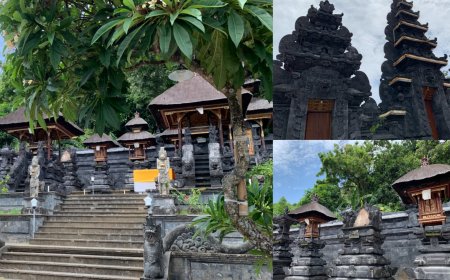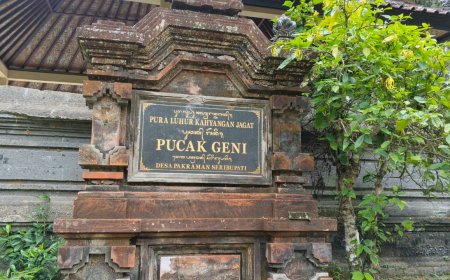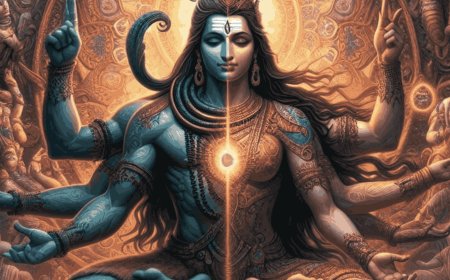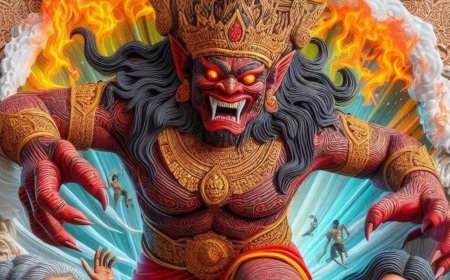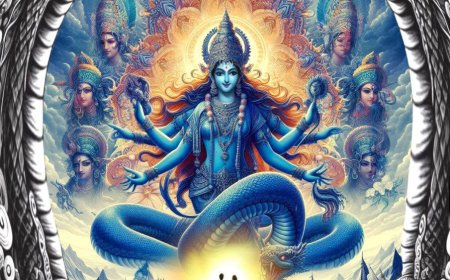Anushasana Parwa: The Advice of The Great Bhishma
After the Kurukshetra war, Yudhishthira, burdened with guilt, received advice from the great Bhishma about the responsibilities of kings, which helped him lead Hastinapura wisely towards peace and prosperity.
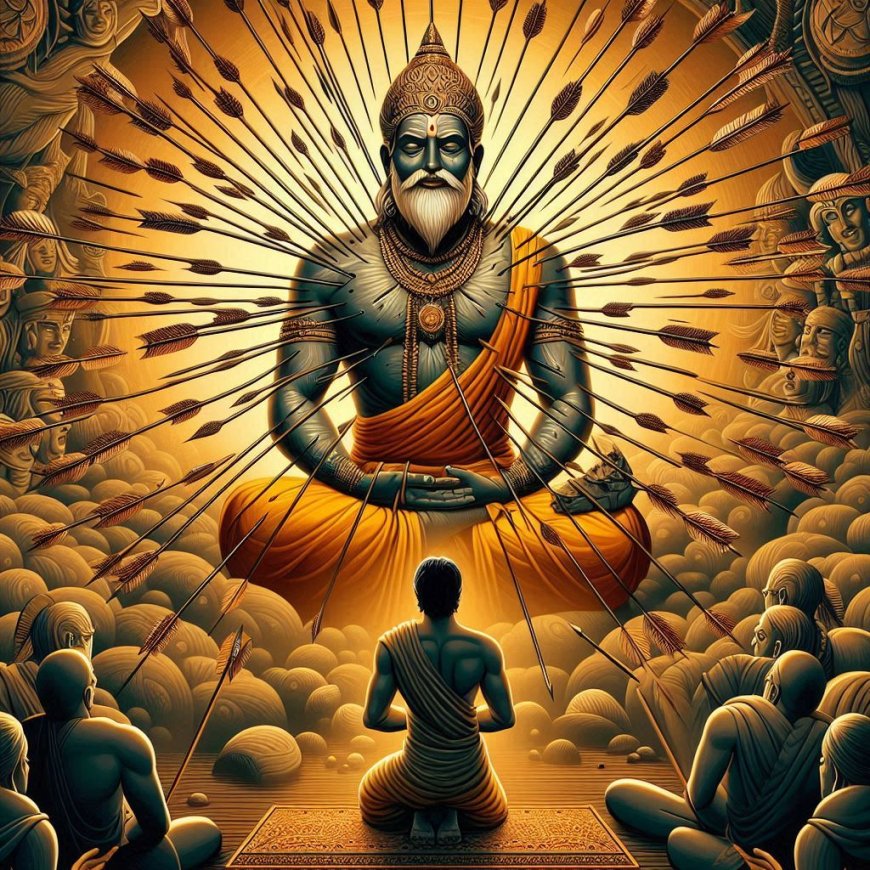
After the great war in Kurukshetra ended, Yudistira, the oldest leader of the Pandava family, felt an extraordinary burden in his heart. Even though the Pandavas had won the war against the Kauravas, the feeling of victory disappeared in the face of painful reality. Many people he respected died on the battlefield, including Bhishma, Drona, and Karna. The once majestic battlefield now left only piles of corpses and destroyed weapons. Yudistira felt oppressed by guilt, and every night was haunted by nightmares about the people who died. He wondered, how could it be possible to rule justly after so much bloodshed?
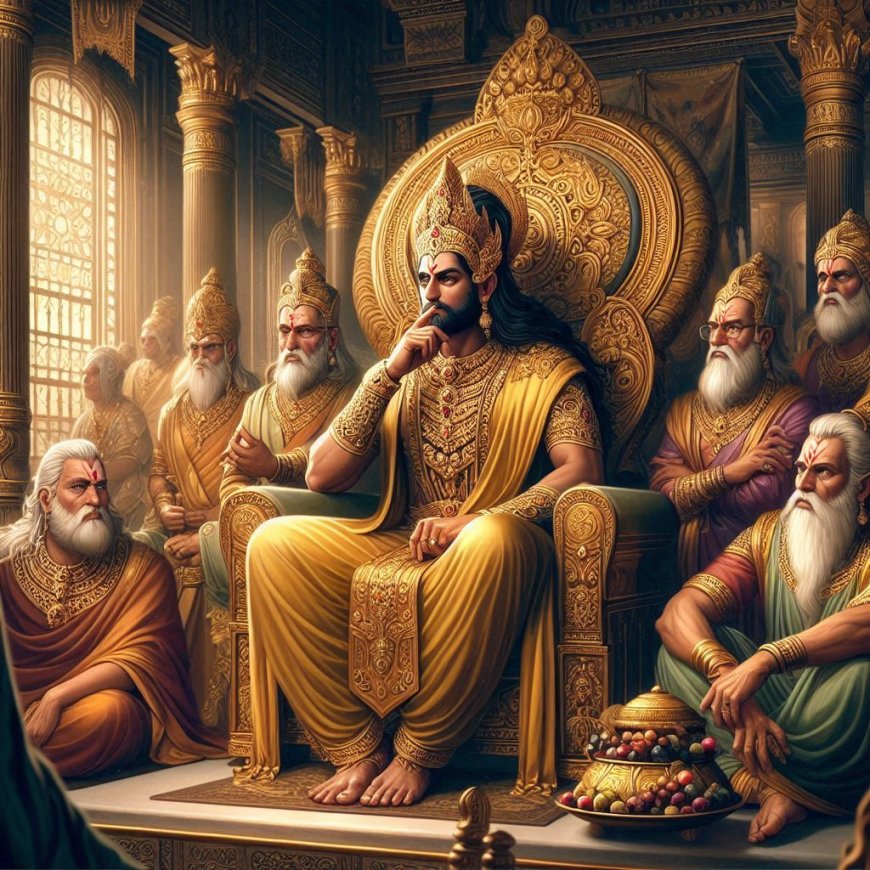
Yudistira felt a dilemma in ruling Hastinapura (Source: Personal Collection)
In deep confusion, Yudhisthira decided to go to Bhishma, who, although seriously injured, was still alive in the bed of arrows. Bhishma had the power to choose the time of his death, and he waited for the right moment. Yudistira hopes to get guidance from Bhisma, a figure he respects as an elder full of wisdom. With great respect, he sat down beside Bhishma and in a voice filled with doubt, began to convey his feelings of guilt and worry. "I don't feel worthy to rule Hastinapura after all these deaths," he said in a regretful voice.
Bhishma listened quietly and began to give wise advice. He explained that the task of a king was not easy. A leader's dharma, or moral obligation, is to safeguard justice and the welfare of his people, even if that means making difficult decisions. Bhisma emphasized that the war they won was not just about power, but about upholding the truth. "Your role as king is not for your personal interests, but to serve the people and maintain justice," said Bhisma with great wisdom.
Bhisma continued by emphasizing the importance of self-control and generosity in leadership. A king must be able to control his emotions, not allowing anger, greed, or personal desires to influence his decisions. "Generosity," said Bhishma, "is the main virtue that a leader must have. A good king must be ready to share his wealth and power for the welfare of his people." Bhisma also reminded Yudistira that a leader must maintain the honor of women, who are considered the guardians of morals in society.
Bhishma also emphasized the importance of a king's spiritual duties. He explained that a leader was not only responsible for the physical well-being of his people, but also had to carry out rituals addressed to the gods and ancestors. This spiritual obligation, according to Bhisma, maintained worldly and spiritual balance in the kingdom. By carrying out these obligations, a king will gain blessings and the strength to rule wisely and justly.
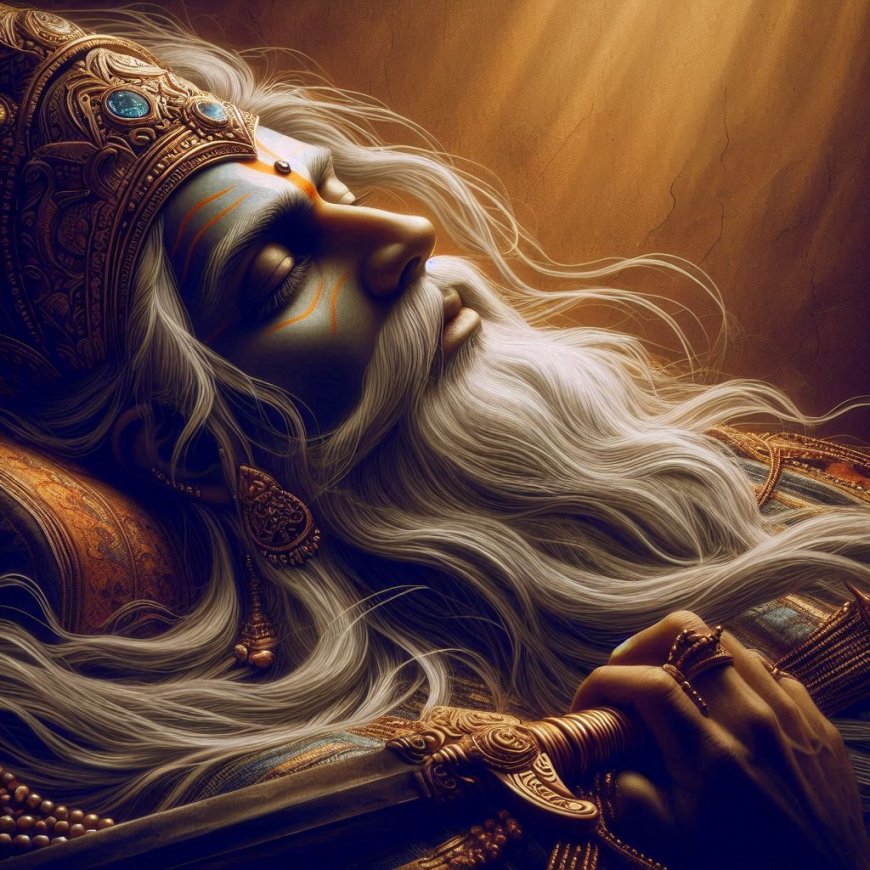
The last breath of the Great Bhishma (Source: Personal Collection)
After giving all his advice, Bhisma felt that his task in this world was complete. He knew the time to leave the world had come. On the day he had been waiting for, when the sun began to move north, Bhishma calmly chose to give up his life. Full of love and wisdom, he left Yudhisthira and his brothers with a final message: always adhere to dharma in ruling. Bhishma's death brought deep sadness, but also left a valuable legacy of wisdom.
After the meeting, Yudistira returned to Hastinapura with a calmer heart. Although he still feels the weight of the war, he now has a deeper understanding of his duties as king. With Bhishma's advice embedded in his heart, Yudistira ruled with justice and wisdom. Under his leadership, Hastinapura became a prosperous and peaceful kingdom, where the people lived in prosperity and harmony, in accordance with the dharma teachings passed down by Bhisma.



